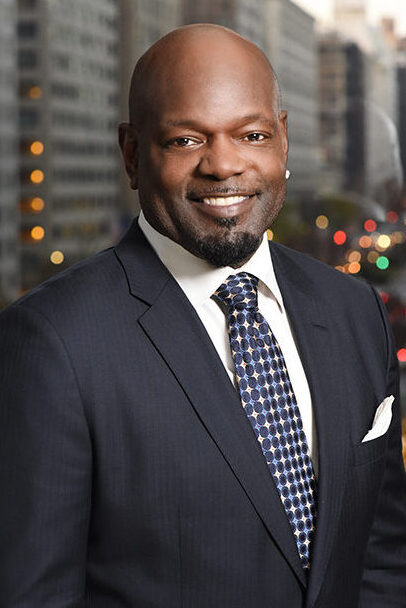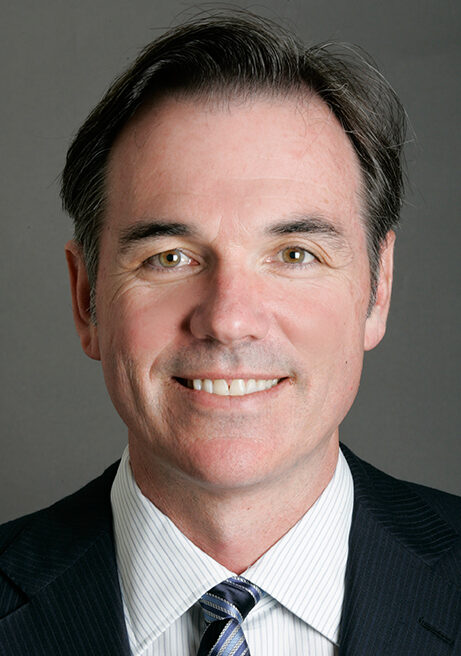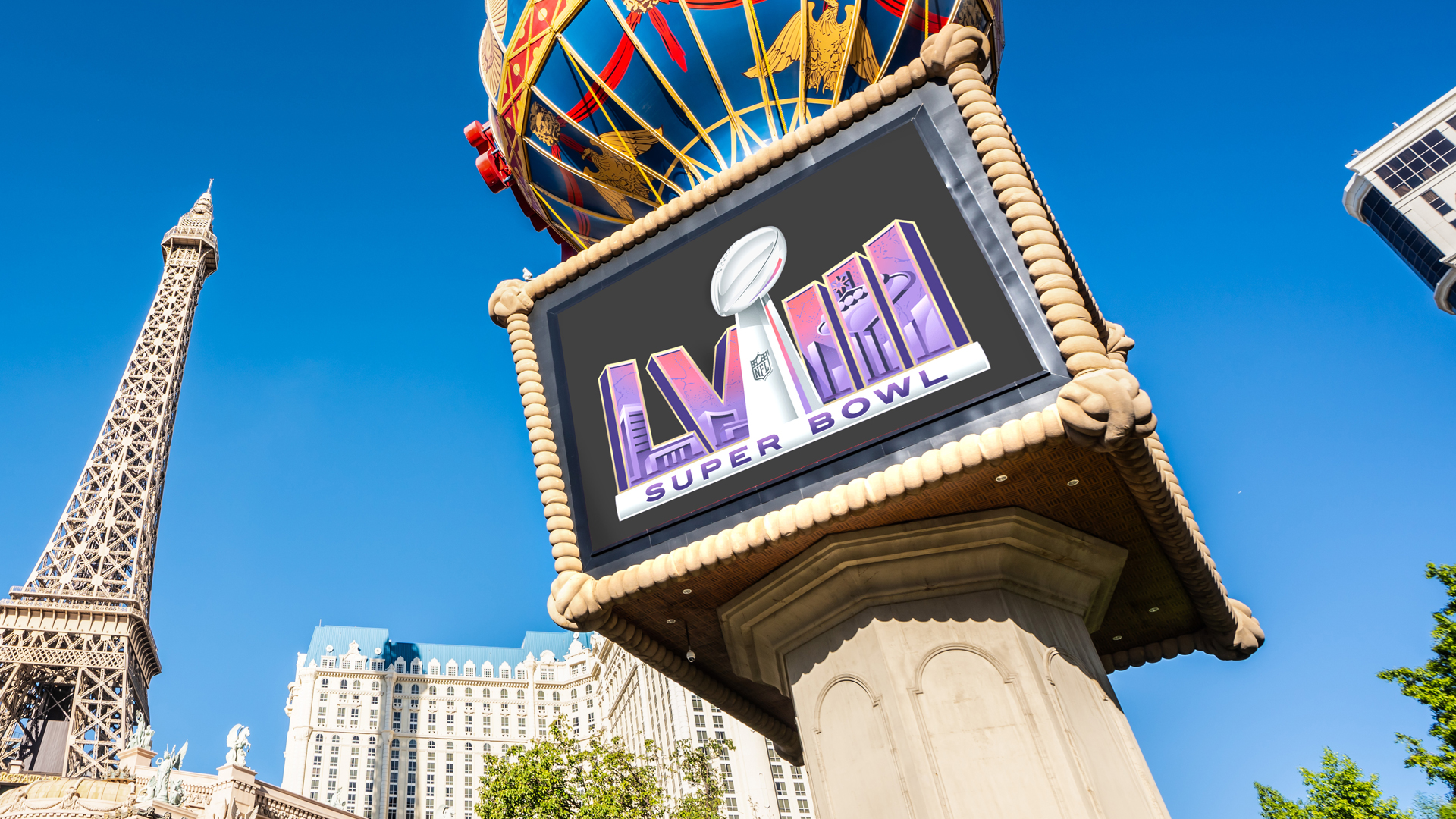Insights | February 15, 2024
Can Sports Remain Undefeated In A Fracturing Monoculture? Yes, And Here’s Why.
It’s the morning after the Super Bowl. More than likely the first conversation in the breakroom or Zoom meeting is about last night’s game. Sure there’s chatter about the commercials or the halftime show, but neither are the impetus for why you and friends gathered together on a Sunday night to eat an inappropriate amount of junk food. The Super Bowl is one of the last annual unifying moments in modern culture. As people become more selective and diverse as to how they spend their time, the once thriving monoculture is breaking down and the last piece before the figurative Jenga tower collapses is sports.
Think back—what’s the last live event you watched in real time? What was the last TV experience you planned your schedule around? It was more than likely a sports event. I bet both your grandma and your snotty teenage niece know who Tom Brady is, but can your grandma tell the difference between Harry Styles, Timothée Chalamet, or Tom Holland? Does your niece know that Anthony Hopkins is known for being more than just Thor’s dad in the Marvel movies? Sports entertainment can bridge generations, genders, and economic barriers. It allows people to assert their fandom while still bonding with a rival fan.
Sports are pervasive, and those who achieve greatness in their sport also achieve widespread recognition that helps them cross over into other pop-culture platforms. Like when Michael Jordan and LeBron James both starred in their own versions of Space Jam after being the greatest NBA athlete of their respective generations, or how Michael Strahan went from tackling quarterbacks to talk shows. When there’s an event that spans demographics, sports celebrities can engage all types of attendees. And as sports celebrities get savvier with how they handle their off-the-field activities, their Q rating increases.

Sure, everyone knows who Travis Kelce is because he’s dating a girl named Taylor, but he also has a hit podcast with his brother and is in no less than 3 different commercials airing repeatedly on Sundays. The narrative about athletes being dumb jocks has changed. 4x Super Bowl winning quarterback Joe Montana is a venture capitalist. Olympic great Simone Biles is an outspoken mental health advocate. And there’s too many titles to describe NBA legend Magic Johnson’s post-basketball career. Gone are the days that non-sports fans know who Joe DiMagio is just because he married Marylin Monroe or know Joe Namath just because he wore some pantyhose in a commercial.
Athletes have stories to tell and audiences who listen. Over the last three years, G7 has seen a 20% increase year-over-year in athletes booked for appearances and speaking events. Examples include athletes like Emmitt Smith, who can share his story of becoming the NFL record holder for rushing yards and how he translated that work ethic into business endeavors after he hung up his cleats. Or even those in the business of sports, like Moneyball’s Billy Beane, who can elaborate on how he and the Oakland A’s found a way to disrupt baseball and how that thought process can be translated to other industries.

Sports inherently tell a story; an unscripted experience where fans see their heroes defeat their foes and those experiences ultimately become watermarks for unbreakable memories with family, friends, and even strangers. Sports can unite audiences through a collective fandom. Harnessing this feeling by booking a beloved athlete can help an event achieve its own goal, to paraphrase the classic baseball movie, Field of Dreams, “if you build it, they will come.”
